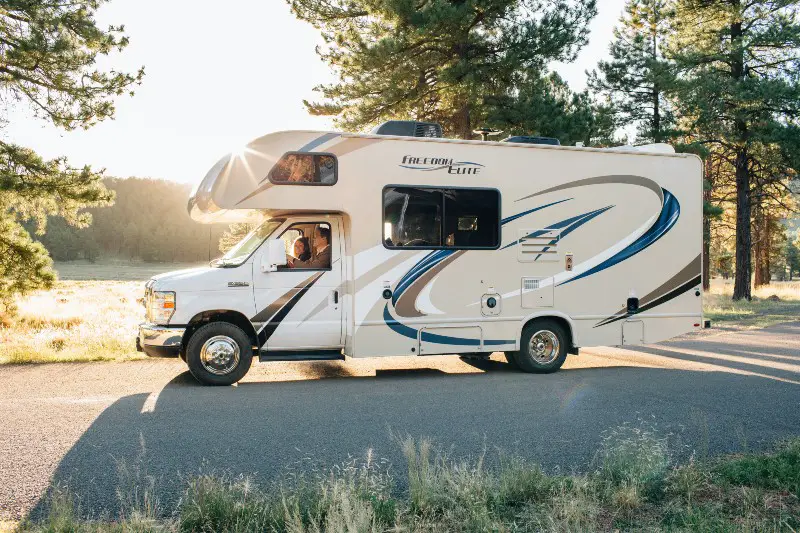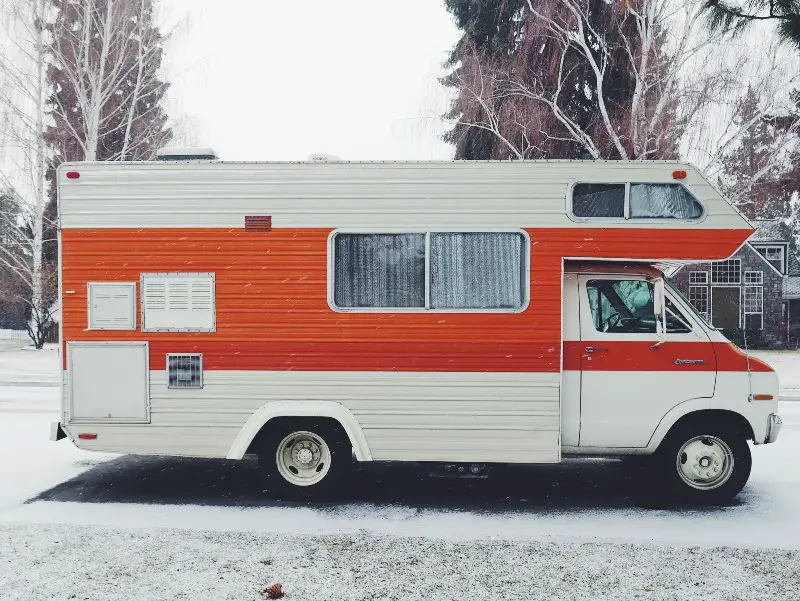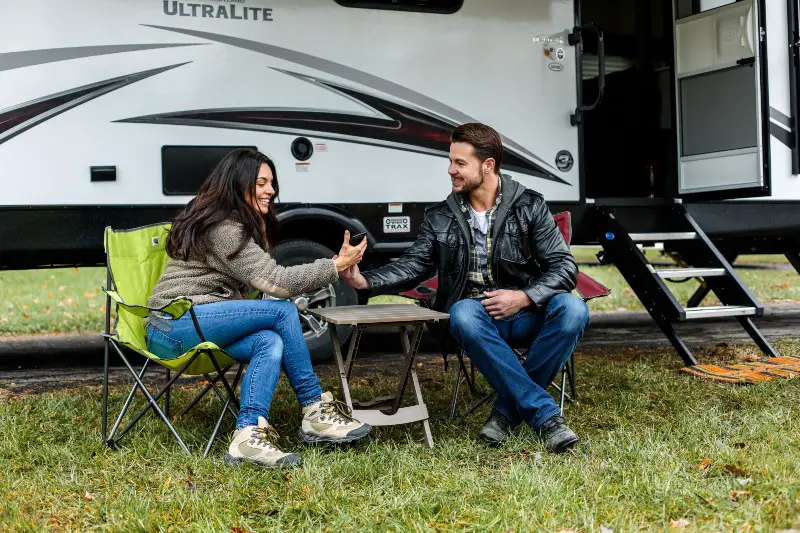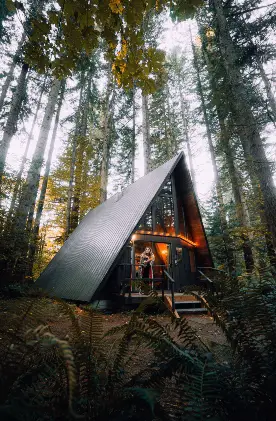These days, it’s not uncommon to see many different families with RVs parked in their garages. This is totally understandable – after all, RVs are the perfect vehicles for taking those extended camping and road trips anywhere you want with your family and friends.
The main reason why RVs are so widely used for camping, as opposed to regular cars, is that, unlike other regular car options, RVs are built to ensure you’ll have access to all the “amenities” or tools you need to make your camping trip a comfortable and successful one.
Although an RV can feel like a “home” away from home, it is still a vehicle, and just like your other vehicle, it does require proper maintenance at intervals. Taking good care of your RV will help you prolong its lifespan and ensure you’ll be able to take it out on road trips without worrying about safety.
Do you have an RV but don’t know how to maintain it properly? Or maybe you’re just looking for tips on maintaining your RV better. If you are, then this article is precisely what you need! Read on to discover some excellent RV maintenance tips and learn how to keep your RV in optimal working condition.

Storage
Most RV owners often overlook the storage factor, but it’s one of the most important RV maintenance tasks. A lot of damage most RV owners have to spend money on fixing is caused by not storing their RVs properly and leaving them exposed to the effects of weathering.
Leaving your RV parked outside your home might not seem like such a big deal, but you should know that exposing your RV to poor weather conditions over time will lead to some damage occurring to your RV, and this damage can be pretty extensive too.
So the first thing to put on your RV maintenance checklist is “find a proper RV storage location”. The ideal RV storage location would be a garage since it will effectively shield your travel trailer from exposure to potentially damaging weathering effects.
If you don’t have a garage to store your RV, you should consider getting an RV cover. RV covers are designed to offer maximum anti-weathering protection, making them perfect for use in situations where you don’t have a garage or cannot store your RV indoors.
Fluid Care
If you own an RV, you’ll already be aware that RVs have water systems that are essential to the proper functioning of the vehicle. When the weather gets cold, especially during winter, it is possible for any water present in your RV’s water system to freeze and solidify. If this happens, it’ll lead to the solidified water damaging the pipes of your RV system.
To prevent this, you should ensure to add antifreeze to your RV’s water system during storage in cold weather conditions. This will effectively prevent the water from solidifying, so you won’t have to deal with fixing a damaged RV water system the next time you plan on going camping with your family.

RV Engine Maintenance
Another important RV maintenance task that you should include in your travel trailer maintenance checklist is RV engine care. Due to their build and the roads they are often driven on, there is usually a lot of strain on the engine of travel trailers.
Now you would think that leaving your RV parked for an extended period would keep you from dealing with engine issues, however this isn’t the case. You should know that RV engines are not designed to be dormant for long periods, so leaving your RV unused for an extended period will generally have a negative impact on engine health.
You should note that your RV’s engine build is pretty complex, so RV engine maintenance isn’t so straightforward. To carry out proper RV engine maintenance, there are a number of tasks you’ll have to add to your RV cleaning checklist. These tasks include the following:
Battery Care
You should always ensure to keep your RV battery fully charged at all times. This is because if you leave your RV battery unused or dormant for an extended period, it’ll go “dead,” and you’ll have no choice but to replace it.
If you think you won’t have time or you may forget to start your RV regularly while it’s not in use, you should consider getting and hooking up your RV battery to a battery trickle charger. A battery trickle charger will help you keep your RV’s battery fully charged throughout the time when it’s not in use.
Note, however, that when purchasing a trickle charger, you should ensure to get one with an automatic shutoff feature. This is important because it will prevent your RV’s battery from overcharging, as this can damage it.

Oil Change and Filter Check
Unlike your regular daily-use vehicle requiring frequent oil changes, you won’t have to change your RV’s oil frequently. It is, however, recommended that you take care to change your RV’s engine oil once or twice a year, preferably right before extended-period storage and before RV use for a camping trip.
Leaving your RV’s engine oil unchanged for an extended period causes engine wear and knocking. If this goes on long enough, your RV’s engine could even become permanently damaged, and just so you know, total RV engine replacement is pretty expensive. So regular oil change is one RV preventive maintenance task you don’t want to forget.
You should also check and replace your RV’s engine filters regularly to ensure you don’t end up with a clogged system, which will also result in serious engine damage.
Add Coolant
One other RV engine maintenance task you definitely want to include in your RV maintenance schedule is adding coolant to your water system. When you’re on your camping trip, your RV’s engine is more or less constantly active, and over time, it gets hot. Adding coolant to your RV’s water helps to prevent the engine from overheating. This will ensure your RV’s engine doesn’t get irreparably damaged.
Tire Maintenance
Another important travel trailer maintenance task is adequate tire care. Before and after your camping trips, you should always check your RV’s tires to ensure they are still in perfect working condition. While inspecting your RV’s tires, make sure to pay special attention to the tire threading.
If the threading looks worn out, then it’s time to get a new tire. You should also check your tire pressure to ensure it’s in the acceptable pressure range at all times. If it isn’t, you should inflate it but endeavor to ensure your tires are not overinflated to prevent them from exploding when under pressure.
Deep Clean
If you intend to leave your RV stored for an extended period, it’s always a good idea to add a deep clean task to your RV maintenance log. This RV deep clean will involve you thoroughly cleaning your RV’s interior to ensure there is nothing in it that could promote pest infestation or mold and mildew growth during the storage period.
It’s also a good idea to inspect your RV’s roof and awnings during the deep clean to ensure there are no leaks or holes that could allow water in. This is especially important if you intend to store your RV outdoors and not in a garage.























